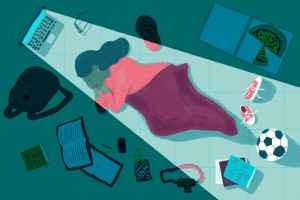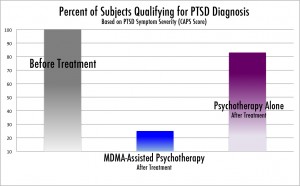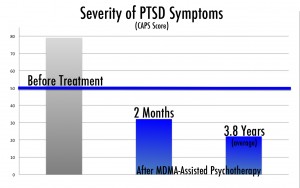I personally find it very healthy to laugh when possible, which is why I surround my self with friends that are capable of this, as it triggers emotions such as joy. One good joke could change my day right around. Ive always heard the saying you should laugh, think and cry once a day who was first said by the late Jim Valvano.
My Null hypothesis is that laughter can improve a persons day. While my reverse hypothesis is that laughter creates no change in a persons mood.
The Mayo Clinic has said that laughing at anything during your day will help relief stress, anything from TV to newspapers that you would find funny. Its said to make the load on your mental state decrease, while this may only be short term. Your body is also affected with laughter, boost in endorphins that are released to your brain. This is one that affects me personally the most noticeably when I laugh, it almost feels as if I am on a drug for a few minutes. Your muscles, and heart also are shown to be stimulated. You might be wondering how does laughing affect my heart, well it can increase blood pressure and heart rate. This leads to a more relaxed state, and may feel good. As for your muscles, laughing releases tension build up, by simulating circulation. These are all short term affects.
As for some long term affects of laughter, a persons immune system can be affected. Being in a bad state of mind can affect your body, which weakens you immune system due to the added stress. Laughter can also act as a painkiller, it may not work as well as a prescription depending on your pain level but has been found to help in lower level pain situations. This last one has affected me many times, your mood can change. Its been found to help with anxiety and depression. Laughter is the best gift you could give someone without even knowing it. Many people go through their ups and downs and you could make someones day just a little better.
A study was done called Laughter prescription, by Dr.William B. Strean in 2009 which cited a few other studies to back its claims. In his study he claims that laughter could be linked to improve natural killer cell activity, which is common in people with cancer or HIV. Laughter has been encompassed into cancer recovery showing positive results. Studies have shown that at least 50% of cancer patients used humor therapy. More research has to be done on why and how laughter can affect our bodies so greatly. But laughing could one day be recommended or prescribed by your doctor, as it has proven to show an increase in many areas of the body and mind.
While some studies do refute some of these claims such as reported studies on the physiologic effects of laughter having no affect. However many refute these claims, and I think that we just need to do more testing on the subject. As of today laughter is still widely considered a coping mechanism. We may not have all the answers to how laughter helps certain health problems yet, but doing so is in no way going to hurt your body so why not laugh.
Knowing all this new information I would defiantly love to go to events like live comedy shows. If its going to enhance ones health, while they have a good time, why would you not. For me I am so busy most of the day I forget how taking time aside to laugh or laughing with someone can change their day around. I have come to the conclusion that the Null hypothesis is correct. But further studies may show further benefits.








